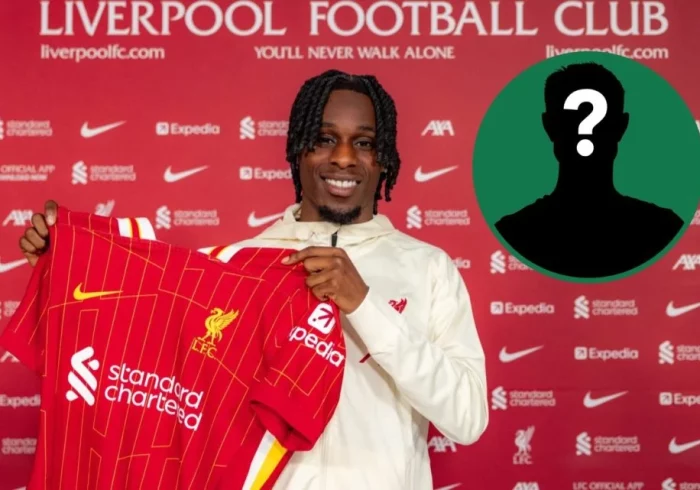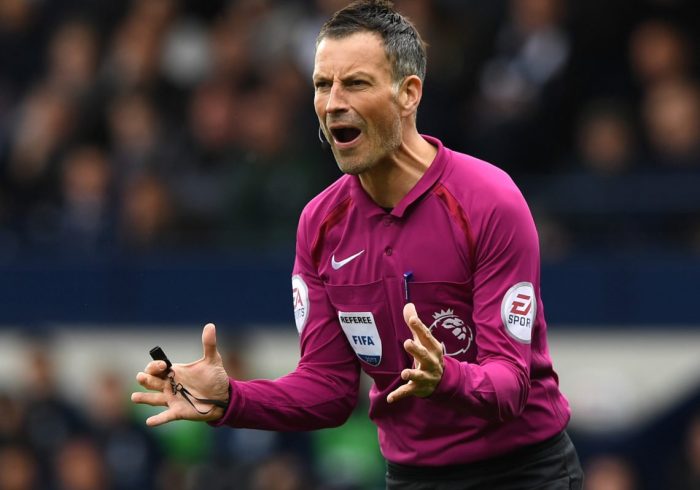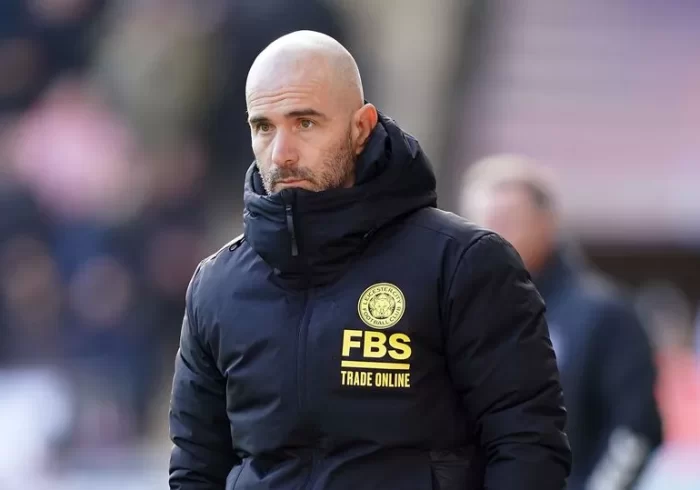Dwight Yorke, a former Manchester United treble winner, has dismissed the idea of Tottenham challenging Manchester City for the Premier League title. Instead, Yorke believes that Liverpool and Arsenal pose the real threats to City’s reign.
Many pre-season predictions favored Man City to dominate the league once again. However, their creator-in-chief, Kevin De Bruyne, has suffered a serious hamstring injury that could keep him out of action for up to four months. City initially coped well without De Bruyne, but they lost consecutive Premier League games before the international break when Rodri was also absent from their midfield due to a suspension.
These recent defeats have exposed City’s vulnerability and sparked discussions about the potential champions of England. The four clubs considered genuine contenders for the title are City, Arsenal, Liverpool, and current league leaders Tottenham.
Yorke expressed his support for Liverpool and Arsenal as legitimate threats to City. He highlighted Liverpool’s attacking prowess, as they have scored two or more goals in nine out of their eleven matches across all competitions this season. Yorke also considered Arsenal as contenders, but did not include Tottenham in his thinking.
Yorke believes that the absence of De Bruyne and Ilkay Gundogan has exposed cracks in City’s armor. He acknowledged that City is still a strong team, but their vulnerability gives hope to Arsenal and Liverpool. Yorke sees these three teams as the main contenders for the title, with the rest of the league fighting for runner-up positions.
He acknowledged that Tottenham currently looks impressive and mentioned past exceptions in the Premier League where unexpected teams like Blackburn and Leicester have made a title challenge. However, Yorke cautioned that it is too early to judge Tottenham’s ability to sustain their performance and suggested waiting until January to assess their true potential. He emphasized that the league’s landscape often becomes clearer after December, determining the real contenders.



